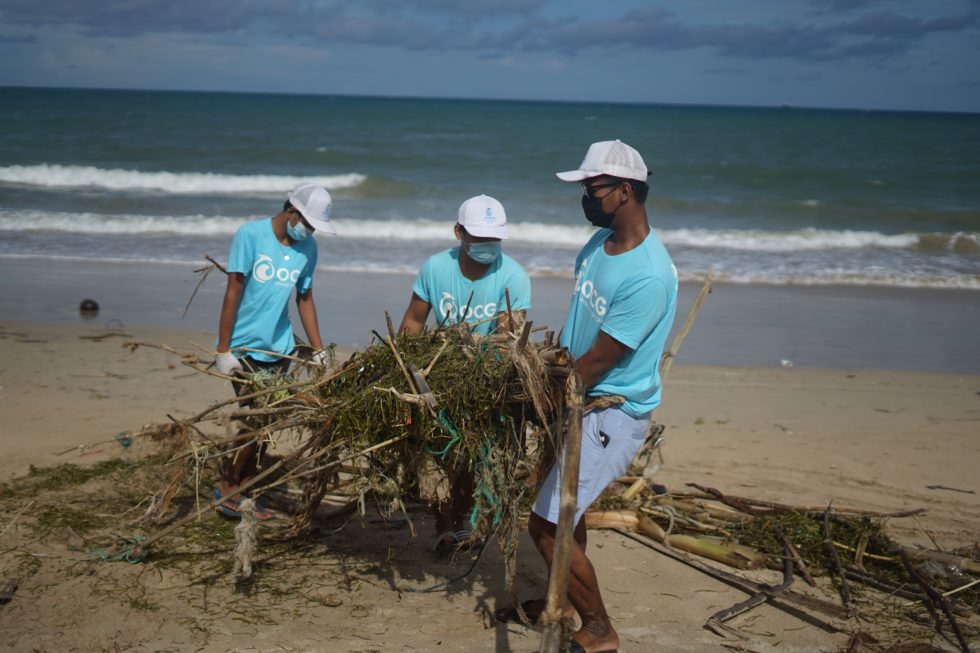Climate change will eventually affect people everywhere if no action is taken to mitigate its effects. Environmental activists are raising awareness of climate change, and increasingly However, it is currently disproportionately affecting People of Color (PoC) in the United States and the rest of the world.
In the United States, systemic racial inequality is exacerbating the effects of climate change. Because many Black and Brown communities are prevented from accruing generational wealth by centuries of unfair treatment, including pay inequity and practices like redlining, they are more likely to live in low-income areas. Companies often target these neighborhoods when creating unpleasant and harmful structures, like landfills and factories, which frequently produce waste that is toxic to the environment and can be detrimental to humans. Low-income communities are also more likely to fall victim to negligent actions like the decisions that lead to the Flint Water Crisis in Michigan, which has yet to be resolved. These inequities often lead to reduced lifespans and poor health, which are less likely to be mitigated in areas with few or insufficiently resourced medical service providers.
Outside of the United States, countries that are primarily inhabited by PoC are also suffering the adverse effects of environmental racism and climate change. South Asian countries like Bangladesh have already begun to experience devastating floods due to climate change and the rise of sea levels. The United States and Europe also routinely send their trash and plastic waste to poorer countries routinely sends its trash and plastic waste to poorer countries in Asia and Africa, where it is often burned, creating toxic fumes and terrible air quality.
Since PoC are disproportionately affected by climate change, any movement towards sustainability and protecting the environment must necessarily include Black and Brown people in its activism. Although PoC often use sustainability principles in their businesses, many have found it difficult to be recognized for their sustainability efforts or lauded by the climate change movement. This is unfortunate not only because PoC have a significant stake in environmental protection and climate justice, but also because many practices which are now being adopted to reverse the damage of climate change, were historically first created, developed or innovated in communities of color. For example, the controlled burning to prevent wildfires was first used by various indigenous communities across the United States.
Listening to PoC about how climate change affects their lives and how we can create a culture of sustainability is vital to the success of the movement and the preservation of our Earth in the future. Sustainability initiatives should include and value the perspectives of PoC to create a comprehensive picture of how we can and should be working to mitigate climate change.
Originally published on Ayana Free’s website.


